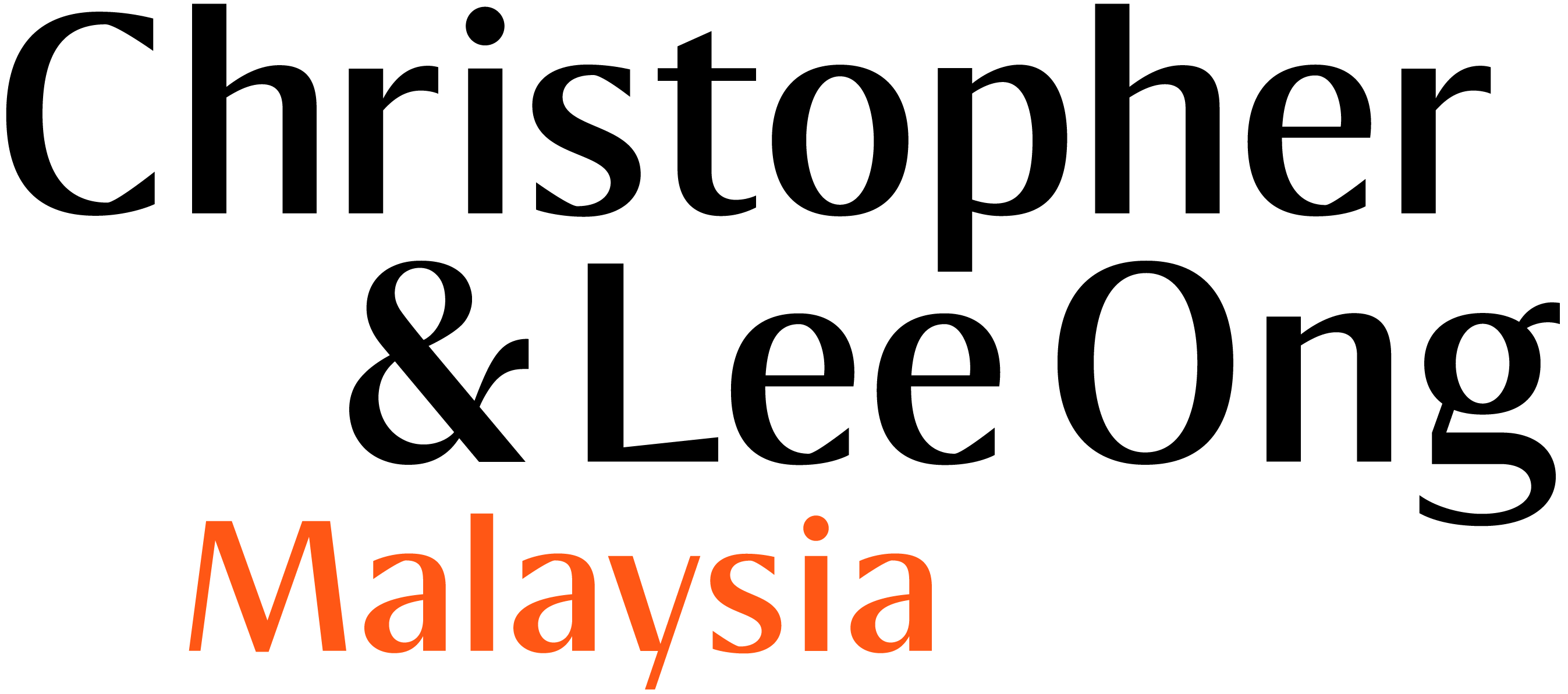The Malaysian Communications and Multimedia Commission (“MCMC“) has recently issued a public consultation paper seeking feedback on its proposed regulatory framework for unsolicited commercial electronic messages (“UCEM“), more commonly known as spam messages.
The consultation paper sets out MCMC’s proposed baseline positions in drafting the subsidiary regulation to supplement the new prohibition introduced under section 233A of the Communications and Multimedia (Amendment) Act 2025 (“Amendment Act“), which prohibits and criminalises the sending of UCEM. This development comes in response to the growing risks posed by UCEM, including increased public exposure to scams, identity theft, malware, harassment, and misinformation.
While most provisions of the Amendment Act came into force in February 2025, the new section 233A which criminalises the sending of UCEM has not yet taken effect, pending MCMC’s issuance of subsidiary regulations to provide more detailed guidance on the implementation of the UCEM prohibition.
To this end, the consultation paper outlines further details of the proposed implementation framework, including:
- the types of commercial electronic messages that may fall within the scope of the prohibition;
- the types of prohibited activities (e.g. prohibition on use of electronic address harvesting tools);
- applicable consent requirements and mechanisms; and
- content and labelling requirements for commercial messages.
The proposed regulatory framework has been developed with reference to international benchmarks and best practices, and notably introduces a new consent regime for the sending of commercial electronic messages. This will need to be considered in conjunction with the consent requirements for direct marketing activities under the Personal Data Protection Act 2010.
Businesses should take note that the requirements introduced under the proposed regulatory framework may have significant implications for organisations that engage in electronic marketing and communications which, in today’s digital landscape, would encompass a wide range of businesses. Given the potential impact of the new UCEM regulatory framework on compliance as well as operations, businesses are strongly encouraged to submit their feedback during the consultation period.
The consultation period is open until 27 August 2025, and the full consultation paper is accessible here.
We will be issuing a more detailed update on the key requirements and implications of the proposed framework in due course.
This Alert is issued by the Contact Partners from the Technology, Media & Telecommunications, Data Privacy & Protection Practice Group whose contact details are set out on the right column of this page.
Disclaimer
Rajah & Tann Asia is a network of member firms with local legal practices in Cambodia, Indonesia, Lao PDR, Malaysia, Myanmar, the Philippines, Singapore, Thailand and Vietnam. Our Asian network also includes our regional office in China as well as regional desks focused on Brunei, Japan and South Asia. Member firms are independently constituted and regulated in accordance with relevant local requirements.
The contents of this publication are owned by Rajah & Tann Asia together with each of its member firms and are subject to all relevant protection (including but not limited to copyright protection) under the laws of each of the countries where the member firm operates and, through international treaties, other countries. No part of this publication may be reproduced, licensed, sold, published, transmitted, modified, adapted, publicly displayed, broadcast (including storage in any medium by electronic means whether or not transiently for any purpose save as permitted herein) without the prior written permission of Rajah & Tann Asia or its respective member firms.
Please note also that whilst the information in this publication is correct to the best of our knowledge and belief at the time of writing, it is only intended to provide a general guide to the subject matter and should not be treated as legal advice or a substitute for specific professional advice for any particular course of action as such information may not suit your specific business and operational requirements. You should seek legal advice for your specific situation. In addition, the information in this publication does not create any relationship, whether legally binding or otherwise. Rajah & Tann Asia and its member firms do not accept, and fully disclaim, responsibility for any loss or damage which may result from accessing or relying on the information in this publication.












